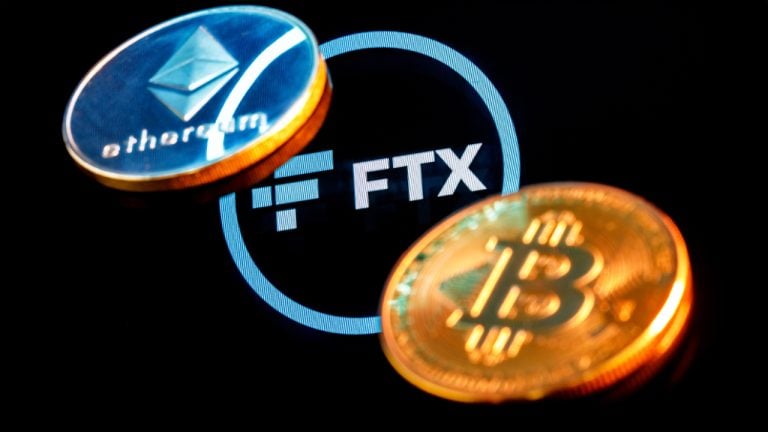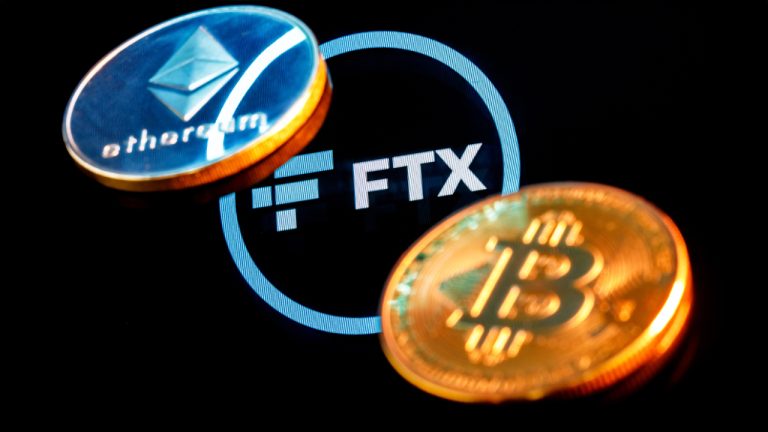Elliptic: FTX Hacker Laundered Stolen Crypto Funds Through Russian Crime Networks


Close to a year has passed, and the hacker responsible for the staggering $477 million heist from the now-defunct crypto exchange FTX still remains elusive. Yet, Elliptic, a leading blockchain analytics firm, has meticulously mapped the intricate journey of the stolen funds, shedding light on the culprit’s attempts to launder and mask their activities. Allegedly, a portion of the pilfered assets have been mingled with bitcoins linked to notorious Russian cyber gangs.
Elliptic Maps Stolen FTX Crypto Trail, Links to Russian Cyber Gangs
In a tumultuous November 2022, FTX declared bankruptcy. On that same day, its CEO, Sam Bankman-Fried (SBF), faced accusations of misappropriating customer funds. Seizing the moment, a crafty hacker pilfered a staggering sum from FTX’s exposed wallets. As Elliptic’s recent findings indicate, the cybercriminal swiftly initiated a laundering spree across decentralized exchanges and cross-chain portals to blur their tracks and ward off asset confiscation.
Using platforms like Renbridge, the hacker deftly exchanged the stolen tokens for mainstream crypto assets such as ether, then channeled these funds into bitcoin. Elliptic said over $74 million flowed through Renbridge, a platform ironically under the umbrella of FTX’s sibling firm, Alameda Research. To add another layer of obscurity, the hacker dispatched the bitcoin through mixing services like Chipmixer, Elliptic’s study reveals.
For nearly nine months, a sizable chunk of ether, amounting to more than $300 million, lay untouched in the perpetrator’s digital vault. But as September 2023 drew to a close, the hacker reignited laundering operations, employing fresh cross-chain bridges and bitcoin mixers, as earlier ones faced restrictions or confiscations.
Through tracking efforts, Elliptic’s sleuths pinpointed instances where the laundered funds surfaced on exchanges, having been blended with other transactions. Elliptic claims these transactions intersected with accounts tied to cybercriminals operating from Russia. While the hacker’s true identity remains shrouded in mystery, such clues hint at the possibility of the offender hailing from Eastern Europe, diverging from earlier suspicions of North Korea’s notorious Lazarus Group.
What do you think about Elliptic’s research report that claims the FTX hacker funneled funds through Russian cyber gangs? Share your thoughts and opinions about this subject in the comments section below.
